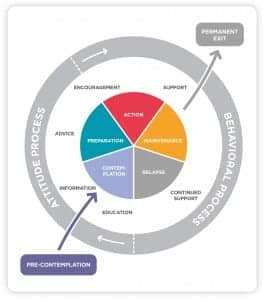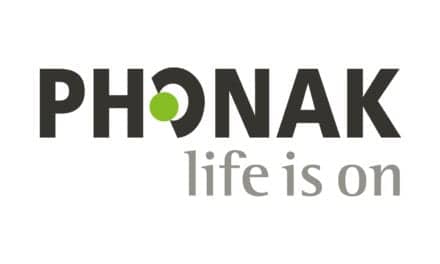The Ida Institute, based in Denmark, conducted an exploratory survey of more than 450 audiologists, educators, and hearing health professionals and found that those who use the Institute’s “Ida Tools” are able to deliver more patient-centered care. According to an announcement from Ida Institute, 65% of the respondents reported using the Ida Tools—downloadable for free from the Ida Institute website—in their daily practice. The tools reportedly helped hearing care professionals to engage patients, open a dialogue, enhance motivation, and facilitate decision-making. More than 80% of survey respondents indicated that use of the Ida Tools provides benefits directly related to their business, including improved appointment efficiency, and more opportunity to introduce patients to advanced technologies.

Downloadable “Ida Tools” for Hearing Professionals
According to the Institute’s survey results, nearly 50% of the survey respondents currently utilize The Motivation Tools—The Line, The Box, and The Circle—with more than half of their patients. These three tools are used to help shed light on patient ambivalence and to encourage patients to make appropriate behavioral changes. Approximately 23% of respondents now using the tools use them for teaching both in clinical settings and in university coursework.
The majority of people responding to the survey were audiologists (69%) with most working in client-based settings (42%) including private clinics, hospitals or speech and hearing centers and universities and research institutes (19%). Approximately 80% of respondents have more than 10 years of experience in hearing care, with an average of more than 19 years’ experience.
For more information on downloading the tools, or ordering support tools, visit the Ida Institute website.
Source: Ida Institute





